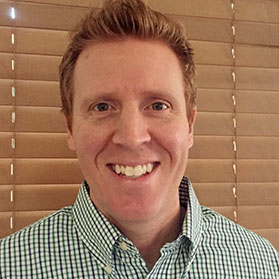By: Greg Douglas, LMHC
Trust and relationships seem to go hand in hand. My client asks: “How can I have a good relationship if I don’t have trust?” It’s a legit question, but one that begs another question. I say: “That depends, tell me about your definition of trust.”
Trust- (noun)reliance on the integrity, strength, ability, surety, of a person or thing; confidence. Confident expectation of something; hope.
Trust– (verb) to rely or place confidence in someone of something. To have confidence; hope.
How We Get It Wrong
We often conflate trust with safety, as a rational risk assessment to ensure we won’t get hurt. We want a guarantee that our partner has our back and would never be so selfish as to put their needs ahead of our feelings. We demand certainty, or at least the illusion of it, before we are willing to make ourselves vulnerable to another.
We must understand that trust is not certainty, and trust is not guaranteed safety.
Trust is not a black and white issue. While you may be seeking to regain trust (certainty or safety) in your partner, stop and ask yourself- “Did I ever truly have trust to begin with?”
Another Perspective
Let’s define trust as: a force that enables us to cope with uncertainty and vulnerability.
If we can begin to accept that the certainty we long for is something we may never truly have, we can reframe the notion of trust.
Famed author and master couple’s therapist Esther Perel states: “Trust is an active engagement with to the unknown.” “Trust is a risk masquerading as a promise.”
Surveillance is Not Trust
Many of you who have been betrayed will seek to keep tabs on your partner. You turn on ‘location’ functions in your phone. You download apps that allow you to see your partner’s whereabouts at all times. You demand passwords to all emails and social media accounts. But does all this surveillance really build trust?
I believe it does not. Surveillance is not intimacy. My experience is that one partner surveying the other tends to only build resentment and does little to deepen trust and confidence.
Trust can be built and strengthened by actions over time, yet trust is also a leap of faith.
Instead of looking for ways to avoid the risk of being hurt by our partner, we would benefit much more from understanding that being in a relationship is inherently risky.
Trust as Hope
No matter how much trust we believe we have in our partner, we can never be sure that they will make the choice we want. We must learn how to live with the truth that trust is simply hope. By embracing this new definition of trust, we can open up new space for forgiveness and build our new relationship on a more honest and realistic foundation.

